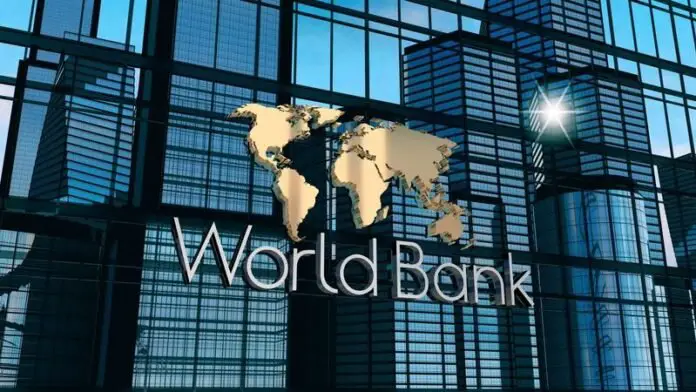Staff Reporter
On Friday, President Donald Trump urged Congress to approve $3.2 billion in contributions to the World Bank’s International Development Association (IDA), which offers low- or zero-interest loans to some of the world’s poorest countries.
International finance experts viewed this funding, set to be distributed over three years, as a pleasant surprise amid concerns that Trump might forgo contributions to the IDA altogether.
Former President Joe Biden had previously pledged $4 billion, but those funds have yet to be allocated.
While the proposed amount is lower, it will still contribute significantly toward the World Bank’s goal of raising $100 billion for the IDA by leveraging contributions from various countries.
The final decision, however, rests with Congress.
When pressed about the potential for maintaining the $4 billion pledge, Treasury Secretary Scott Bessent indicated that the final figure would depend on the budget and actions taken by World Bank President Ajay Banga and the head of the International Monetary Fund, as they work to refocus the institutions on their core missions.
Clemence Landers, vice president at the Center for Global Development, welcomed the proposed funding for the IDA. “The U.S. IDA number stands out as a rare bright spot in a budget full of drastic cuts to the U.S. foreign assistance apparatus,” she noted.
“There has been significant speculation about the U.S. role in international financial institutions under Trump, and whether the U.S. would contribute to the IDA at all.”
The budget proposal revealed by Trump on Friday includes a $49 billion cut to foreign aid, according to a senior official from the Office of Management and Budget.
Documents released by the White House indicate a $555 million reduction in funding for the African Development Bank and the African Development Fund, citing misalignment with the administration’s priorities.
Despite these cuts, the budget does allocate $3.2 billion for the IDA, suggesting that other donors and institutions should shoulder more of the financial burden.
“This fulfills the President’s promise to no longer allocate foreign aid dollars without a return on investment for the American people,” the document stated.

